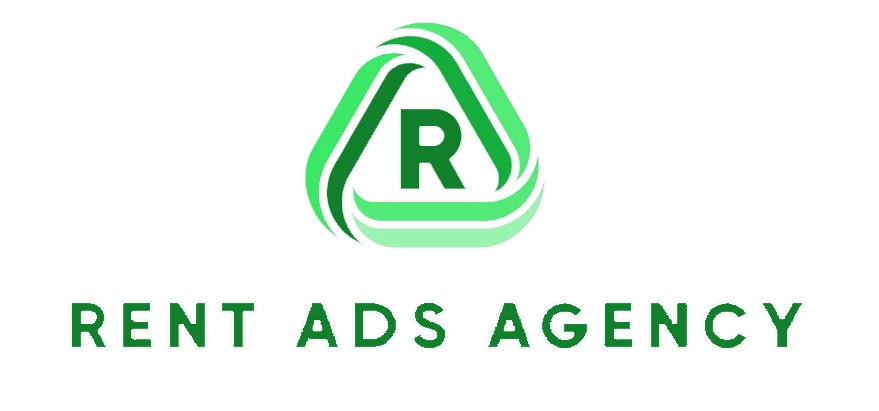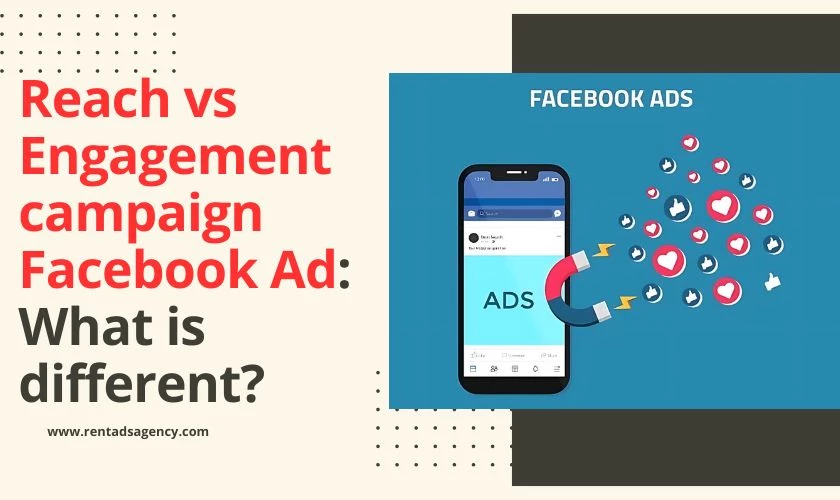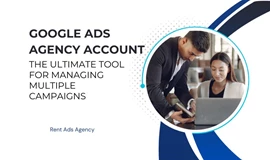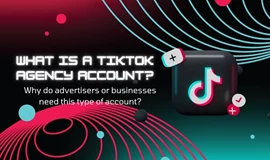When running Facebook ads, two key metrics to consider are reach and engagement. Reach refers to the number of unique users who see your ads, while engagement tracks how many people interact with your ads by likes, comments, clicks, etc. Although a wide reach seems desirable, prioritizing engagement over raw reach leads to better campaign performance and return on ad spend. This article explains the differences between optimization for reach vs. engagement and provides tips for setting up successful Facebook ad campaigns based on your goals.
What is a Reach Campaign?
A Facebook ad reach campaign focuses on getting your ads seen by the maximum number of people in your target audience. The reach metric refers to how many unique Facebook accounts were served your ad impression at least once during the campaign.
Unlike engagement campaigns that optimize for clicks and conversions, reach campaigns aim to expose your brand, product or service to new potential customers. They help move accounts through the sales funnel by building initial awareness.
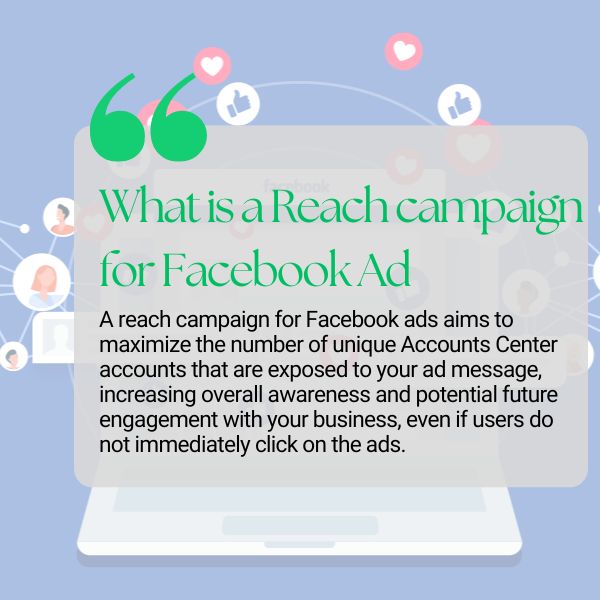
Optimizing for reach allows you to:
- Broadly share your messaging to new audiences at the top of the funnel
- Test different creative versions and target segments
- Drive growth by putting your brand in front of more people
- Increase potential conversions over the long-term
The key with reach campaigns is setting an appropriate budget that allows your ad to be served to your ideal target segment enough times to increase awareness and memorability. The broader your targeting and lower your budget, the lower potential reach.
What is an Engagement Campaign?
A Facebook engagement campaign optimizes ads to generate more interactions and responses from your target audience. Rather than simply reaching more accounts, engagement campaigns aim to drive specific actions that signal interest and foster relationships.
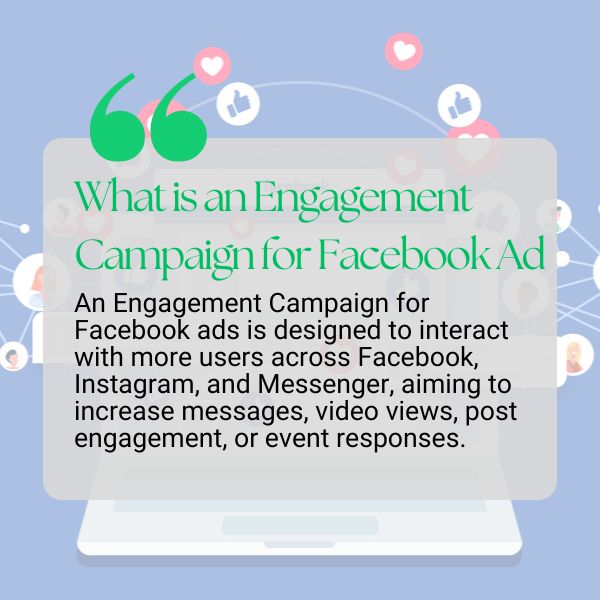
Key engagement metrics that Facebook engagement campaigns focus on include:
- Clicks: The number of clicks on links, calls-to-action buttons, etc in your ads
- Video views: How many times your video ads were watched for 10+ seconds
- Reactions: Likes, loves, wows, etc. reacting to the ad creative
- Comments: Users commenting on the ad content
- Shares: Times people share your ad post to their own News Feed
- Lead form submissions: Conversions from built-in lead gen forms
Optimizing for post engagement over reach encourages more quality interactions with your brand. Even if you don't get as many impressions, you end up connecting with users who actively respond to your message. This leads to building an audience of qualified leads for future conversion rather than just vanity metrics.
Setting clear goals for actions and driving targeted responses is crucial to successful Facebook engagement campaigns. Analyzing the engagement rate and cost per result helps gauge true campaign performance.
The Differences Between Reach and Engagement Campaigns Facebook Ads
Reach campaigns aim to get your ads seen by the maximum number of people in your target audience. The key metrics are unique impressions and reach frequency rather than direct engagement or conversions.
In contrast, engagement campaigns focus on generating actions and responses such as likes, shares, comments, lead submissions, etc. Rather than simply showing your ads to more users, it optimizes delivery to accounts more likely to actively engage.
The main differences between Reach and Engagement campaigns are:
Objectives:
- Reach campaigns aim to expose your ads and content to the maximum number of relevant people. They focus on brand awareness.
- Engagement campaigns aim to get more interactions and encourage specific actions. They focus on generating committed communities and deeper connections.
Metrics and KPIs
- Reach campaigns measure success by unique impressions and reach frequency.
- Engagement campaigns track interactions like reactions, shares, comments, etc. as well as engagement rate.
Cost Efficiency
- Reach campaigns typically have a lower cost-per-impression (CPM) for widespread visibility.
- Engagement campaigns may have a higher cost-per-engagement (CPE) but offer more value.
Targeting
- Reach campaigns target a larger, more general audience to maximize exposure.
- Engagement campaigns target users more likely to interact with your brand and content.
In short, Reach campaigns are best for awareness while Engagement drives deeper connections.
If you want to learn more, see our guide comparing Auction vs Reach and Frequency buying types for Facebook ads to determine the best strategy for your campaigns.
When to Use Reach Campaigns
Reach campaigns work best when your goal is to drive awareness and exposure with broad audiences who may not be familiar with your brand. Top use cases include:
- Introducing New Products or Services: Maximizing reach via awareness campaigns ensures your messaging spreads quickly to educate prospective customers about new product launches or service offerings. More impressions increase memorability.
- Promoting Time-Sensitive Offers: For one-time sales, grand openings and other promotional events, focus first on reach. Getting the message out to more people increases the chance that interested accounts see and engage with your time-sensitive content.
- Entering New Markets: If expanding into a new demographic or geographic market, using an awareness strategy introduces your brand. Reach helps establish visibility rather than optimizing for direct conversions too early.
- Increasing Brand Familiarity: For unknown or lesser-known brands, taking a reach-first approach moves new accounts through the sales funnel. Seeing your ads multiple times via broad targeting lays the foundation for future engagement and conversion campaigns.
The key in all reach campaign use cases is balancing breadth with frequency so your ads gain visibility without becoming irrelevant or annoying. Measure reach saturation to optimize delivery based on your budget and goals.
When to Use Engagement Campaigns
Once your audience has general awareness of your brand, engagement campaigns help nurture relationships and activate high-intent users identified through pixels and custom audiences. Top use cases include:
- Fostering Brand Communities: Optimizing for post engagement allows you to connect with accounts who actively like, comment on and share your content. Encourage UGC and advocacy with current brand enthusiasts.
- Driving Conversions: Use engagement bidding to show your ads to the users most likely to click links, submit lead forms, signup for webinars etc based on past behaviors.
- Promoting Events: Getting RSVPs and reactions to your event posts gives a real-time signal of interest. Facebook will deliver your ad to accounts who responded well previously.
- Retargeting Hot Leads: Create lookalike audiences from your customer lists who have already made purchases. Engagement campaigns remind them about your brand and top products.
- Increasing Social Proof: High-performing engagement posts improve visibility in the News Feed organically. More comments and reactions attract real friends and connections to also interact.
The key with engagement campaigns is accurately targeting and then optimizing based on the actions and conversions that match your business goals rather than vanity metrics. Measure the engagement rate and cost per result.
Best Practices for Optimizing Reach and Engagement Campaigns
Applying best practices tailored to the different campaign objectives can help boost performance for both reach and engagement efforts.
Best Practices for Reach Campaigns
- Clearly define your target audience using Facebook's detailed targeting options such as location, demographics, interests, and behaviors. Example: Target 25-34 year olds within 50 miles of your business who have searched for relevant keywords in the last 30 days.
- Create eye-catching ad creative using high-quality photos and videos that demonstrate the key benefits of your offer. Example: Show your training program in action through an authentic video testimonial.
- Craft clear ad copy leading with the most appealing benefit and including a strong call to action. Example: "Get Certified in 6 Weeks - Enroll in Our Online Marketing Course and Save 50% This Week Only!"
- Set an appropriate frequency cap so each user sees your ads enough times for awareness but not so much that it annoys them. Example: Display to each user 3 times over 7 days.
Best Practices for Engagement Campaigns
- Develop valuable, shareworthy content that provides solutions to common customer pain points and questions. Example: Create a checklist of marketing metrics every business should track.
- Encourage engagement by asking questions and prompting discussion in your ad copy and posts. Example: "What marketing tactics have you found most effective? Tell us in the comments!"
- Repurpose authentic user content such as reviews, testimonials, and social posts with permission. Example: Quote a five-star review in your ads.
- Actively monitor post comments and replies, responding promptly to questions, feedback and tagging your business. Example: "@John, thanks for the suggestion! We will consider adding that course soon."
- Optimize ad copy for specific types of engagement preferred for your campaign goals, such as link clicks, post reactions, shares, or event sign ups. Example: "Sign up now for our live webinar next Thursday at 2 PM!"
Therefore, clearly define Reach vs Engagement Facebook ad campaign to attract many new customers effectively. Either way, partnering with a Facebook ads agency ensures you execute optimized campaigns. RentAdsAgency's experts will consult with you to understand your goals, audience, and metrics for success. We'll provide Facebook Agency Ad Account for rent and support rental services to help you run effective Facebook ad strategies fine-tuned for your business needs and budget.
With a strategic ads manager guiding your program, you can fully leverage Facebook to find and engage more of the right people for what you offer. The impact on building awareness or participation can be precious.

Mohamed Fouad is a full-stack web developer and an entrepreneur who's really into advertising. He is the CEO of Rent Ads Agency, a company that helps businesses reach more customers through advertising. He graduated from Stanford University in 2018 and has over 4 years of experience in the tech industry.
